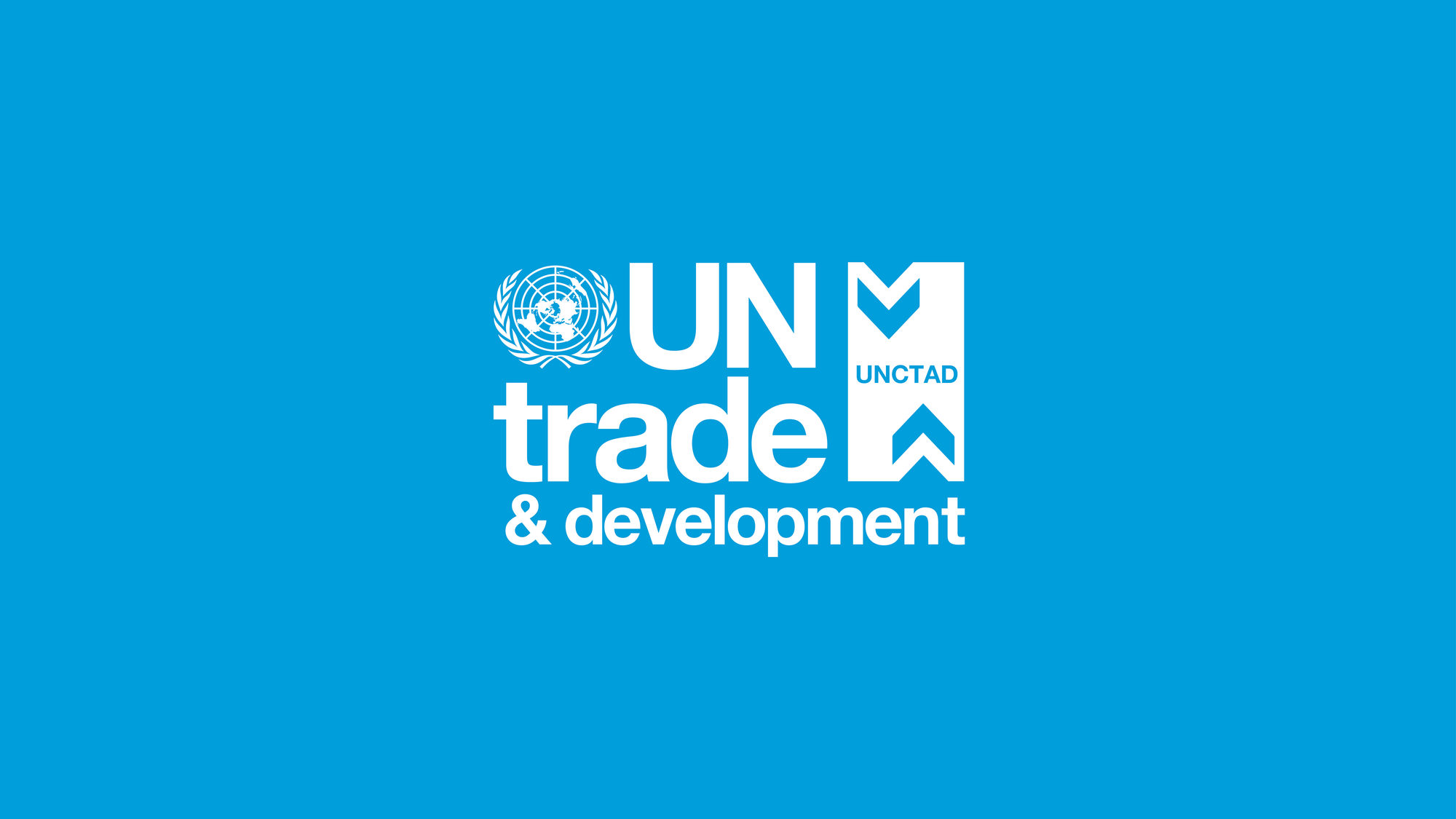Youth Entrepreneurship: A Catalyst for Innovation and Resilience in the Energy Sector

At the recent "Opening Access to Capital, Market and Trade in the Oil and Gas Sector" webinar that was hosted by the SA Youth Trade Association in partnership with the Department of Small Business Development and the SA Oil and Gas Alliance (SAOGA), the session received closing remarks from the United Nations Conference on Trade and Development (UNCTAD) Head of Entrepreneurship, Arlette Verploegh.
Arlette Verploegh is a lawyer who currently serves as a Head of Enterprise development for UNCTAD with extensive experience in spearheading high-level projects on entrepreneurship development that are internationally recognized as innovative approaches to the Sustainable Development Goals (SDG's). Previously, she was Deputy Chief of Staff and Head of Communications and External Relations, boosting the organization’s worldwide visibility, developing high-profile partnerships with global leaders, while making trade and development more accessible to a diverse range of stakeholders. She is dedicated to taking cutting-edge approaches to individual empowerment through entrepreneurship and collaboration and leads the Empretec Women in Business Awards.
Arlette delivered an insightful speech on the pivotal role youth entrepreneurs play in reshaping the energy sector. Her reflections provide a compelling narrative about how young innovators are driving the green transition and strengthening industrial capacities amidst global energy challenges.
Youth Entrepreneurs: Engines of Innovation and Adaptability 💡
She underscored that youth entrepreneurs bring a vital blend of energy, adaptability, and a solutions oriented mindset to the table. They are at the forefront of developing cutting-edge technologies, including advances in hydrogen energy, renewable energy integration, resource efficiency, and circular economy models. These innovations, once considered niche or experimental, are rapidly becoming mainstream, propelled by a vibrant youth agenda that champions sustainable industrial upgrades, improved supply chains, and the emergence of new green economy sectors.
Navigating Pressures in the Oil and Gas Sector ⛽
The traditional oil and gas industry, despite facing mounting pressure to reduce emissions and pivot toward sustainability, remains integral to meet global energy demand. Arlette highlighted this juncture as both a challenge and an immense opportunity in driving the imperative for investment appraisal, technological innovation, and the development of new industrial growth paradigms. This transition is critical not only from an environmental standpoint but also for economic resilience and competitiveness.
The South African Context: Seizing a Real Window of Opportunity 🌍
Focusing on South Africa, Arlette pointed to the country’s significant dependence on crude oil imports, which heightens its exposure to external shocks and price volatility. To mitigate these risks, she advocated for:
- The development of local industrial capabilities to reduce reliance on imports.
- Expansion of expert skills and knowledge in the green economy space.
- A proactive stance in global green economy participation as the sector grows.
This approach is about more than just economic diversification; it’s about building a stronger, more resilient foundation for South Africa’s energy future.
Youth-Led Innovation as a Pillar of Sustainable Development 🍀
Drawing from the principles championed by UNCTAD’s entrepreneurship development framework, Arlette emphasized that entrepreneurship must transcend business creation. It should solve real-world problems, boost local productivity, and foster tighter integration between local and regional supply chains. These elements are essential for industrial resilience, reducing vulnerability to external disruptions, and underpinning long-term sustainable development in the energy sector.
Addressing Trade Ecosystem Challenges 🧰
Finally, Arlette spotlighted the critical role of robust trade ecosystems in nurturing innovation and growth. She cautioned against looming trade conflicts, inadequate trade facilitation, cultural barriers, lack of guarantees and limited market access networks, all of which pose significant hurdles for youth entrepreneurs aspiring to scale and impact.
Arlette Verploegh’s message is clear: empowering youth entrepreneurs is not merely about fostering a new generation of business leaders. It is about harnessing their innovation and dynamism to catalyze a just and resilient transition in the energy sector, one that aligns economic growth with environmental stewardship and social progress. For South Africa and beyond, nurturing these conditions will be decisive in shaping an energy future that is sustainable, inclusive, and robust.
For the full closings remarks from Arlette Verploegh, find the YouTube link attached.
